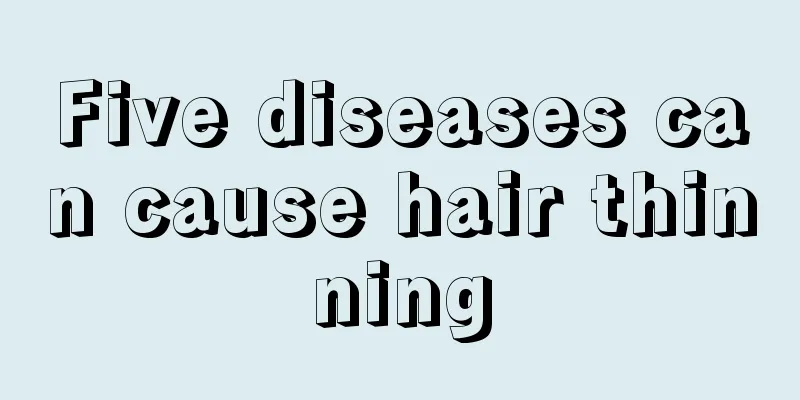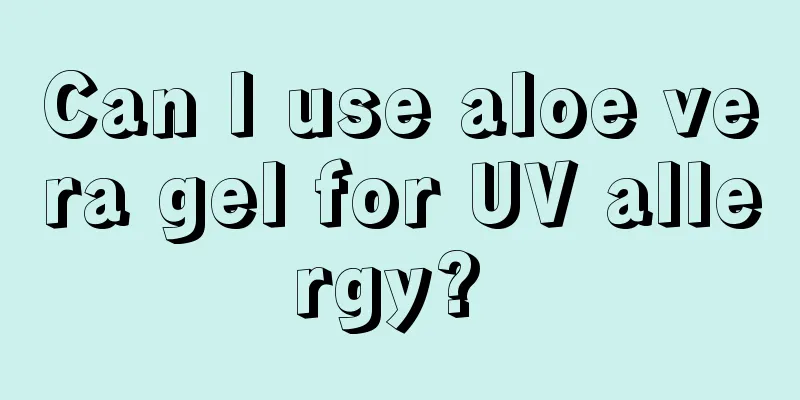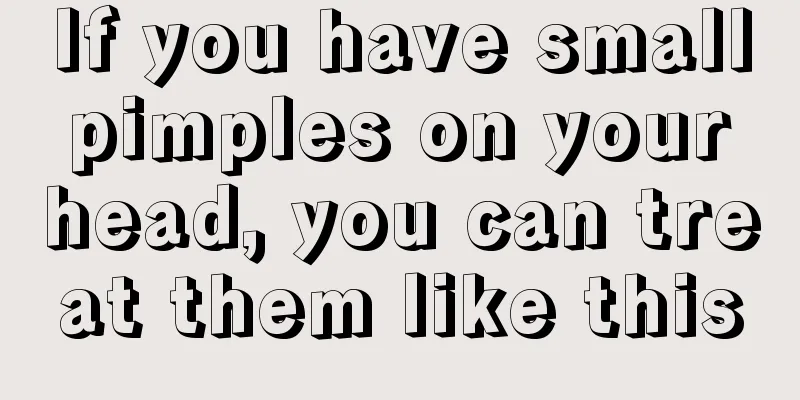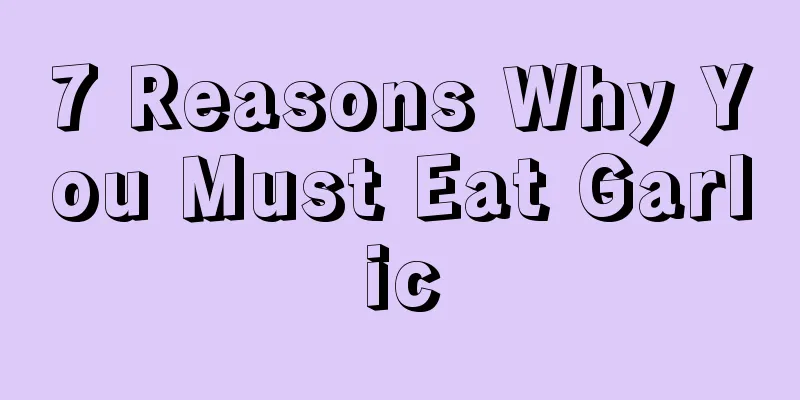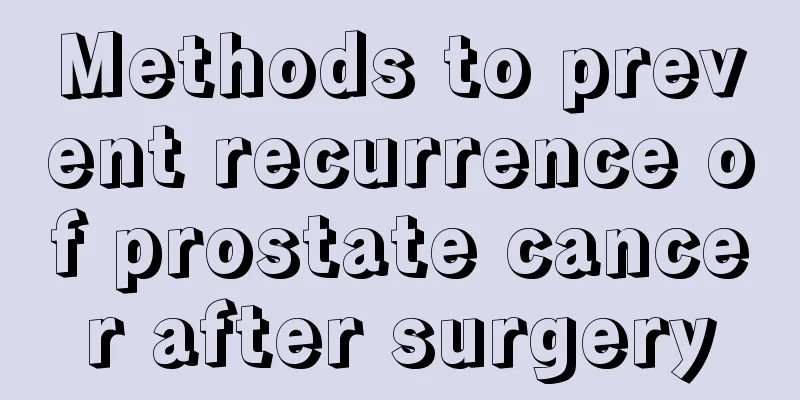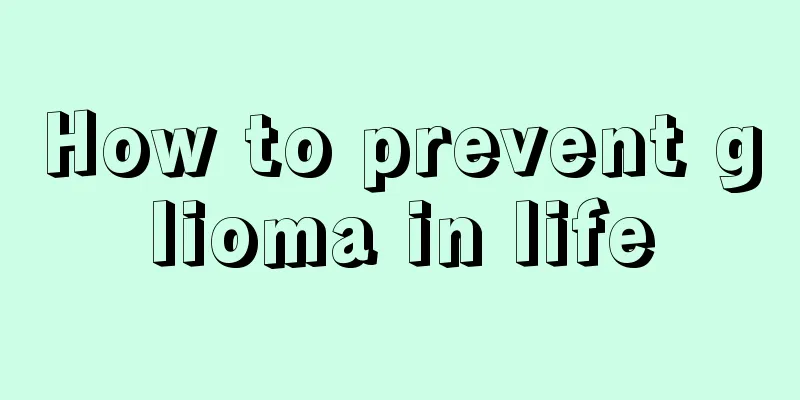How long does it take to recover after wisdom tooth extraction

|
Wisdom teeth, commonly known as our molars, are also grown on the side of the mouth, closest to the throat. Not everyone will grow wisdom teeth, and not necessarily grow four teeth on the top, bottom, left and right. This is a relatively special type of tooth. If it is not removed, it will be very painful, and sometimes it will cause many complications, and may even cause infection. Therefore, it is necessary to remove this place, but there are many precautions to be aware of after the extraction. Wisdom teeth, which we commonly call molars, are molars that grow on the upper and lower sides of the mouth, closest to the throat. Not everyone will grow wisdom teeth, and those who do not necessarily have all four teeth. Wisdom teeth are optional for us and do not affect chewing, but if the wisdom teeth grow in the wrong direction, affect or hinder other teeth, and cause pain and other discomfort, then they need to be removed. Even though it's just a tooth extracted, some problems may still arise if it is not properly cared for. There will be bleeding during the tooth extraction process. The doctor will stuff sterile gauze or cotton wool into the wound to stop the bleeding. Do not lick or tease the wound with your tongue to avoid removing the gauze or cotton wool and causing the wound to bleed again. Things to note after wisdom tooth extraction When the body's coagulation function works, it will coagulate the flowing blood into blood clots. These blood clots cover the wound and can help stop the bleeding better. Don't pick out the blood clots just because you feel like there is a foreign body in them. This will do more harm than good to the recovery of the wound. Don't eat foods that require hard chewing. Soft porridge, noodles or tender egg custard are good choices. The main purpose is to avoid causing further damage to the wound during chewing, which would affect healing. Do not brush your teeth or rinse your mouth on the day you have just had a tooth extracted, otherwise the toothbrush or water will wash away the coagulated blood clots. You can brush your teeth and rinse your mouth the next day, but be gentle and do not use the toothbrush bristles to brush the wound. In order to prevent bacterial infection, you can buy a bottle of mouthwash 24 hours after tooth extraction, put an appropriate amount in your mouth, do not rinse your mouth, just spit it out after a while. You can also use a bowl of salt water instead of mouthwash. Inflammation may occur after tooth extraction. You can take oral antibiotics, usually a combination of cephalosporins and metronidazole, which can kill both aerobic bacteria and inhibit anaerobic bacteria. If oral administration is not effective, these two types of drugs can be given intravenously. If the inflammation is severe, it is necessary to add some hormones appropriately. If you develop a fever or bleeding that does not stop, go to the hospital immediately without delay. |
<<: Can I smoke after having my wisdom teeth removed?
>>: How many days after wisdom teeth extraction can I brush my teeth?
Recommend
What is the effect of brown sugar tea water
Brown sugar tea water is the most suitable tea fo...
Introduction to the diagnostic methods of renal hamartoma
Renal hamartomas can occur not only in the kidney...
What is the best way to cultivate one's mind and character?
In daily life, the pressure of work and life ofte...
New progress in the treatment of osteosarcoma
Although there are many methods for treating oste...
Is it good to shave your legs with a razor blade?
Nowadays, the prices of hair removal products are...
Pathological classification of prostate cancer
Prostate cancer mainly occurs in men over 50 year...
The role of yeast extract
Yeast is a common food. Substances are extracted ...
What are the symptoms of thyroid cancer
What are the symptoms of thyroid cancer? Thyroid ...
Knee meniscus dislocation, understand these and then treat
Knee meniscus dislocation means that the cartilag...
How long can you live if you can't walk due to pancreatic cancer
The inability of pancreatic cancer patients to wa...
How to quickly get rid of blushing if you are an introvert
For some introverted people, it is easy to blush ...
Can glomerulonephritis be cured? Treatment for nephritis
Glomerulonephritis usually develops slowly, and m...
How many months will it take for a baby’s head to fully grow?
As we all know, everyone's head is generally ...
What to do if you have acne
The fast-paced life and the lack of attention to ...
Breast cancer is closely related to 3 eating habits
The cause of breast cancer is still unclear. The ...

